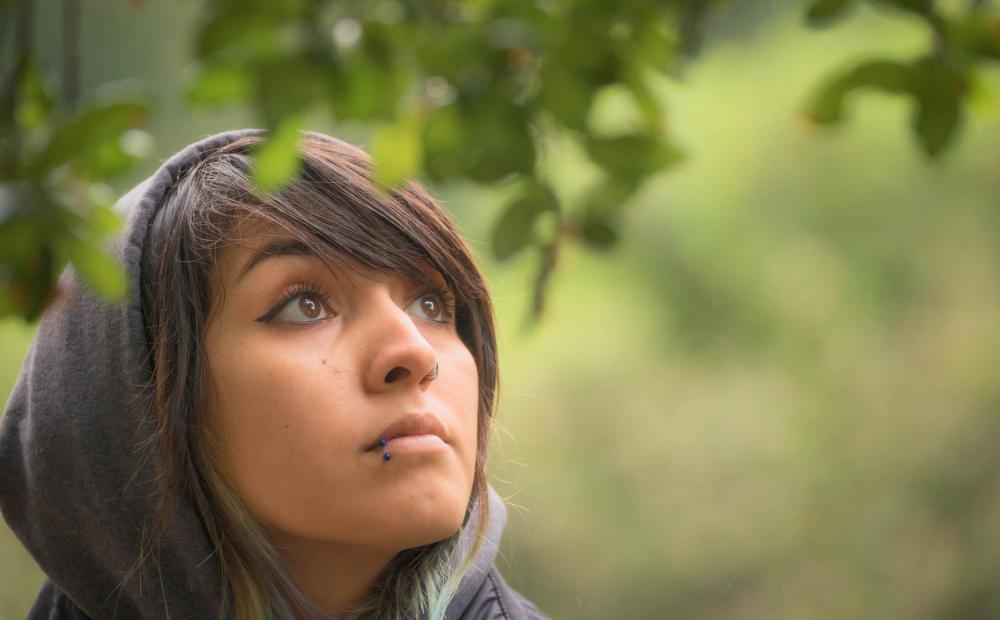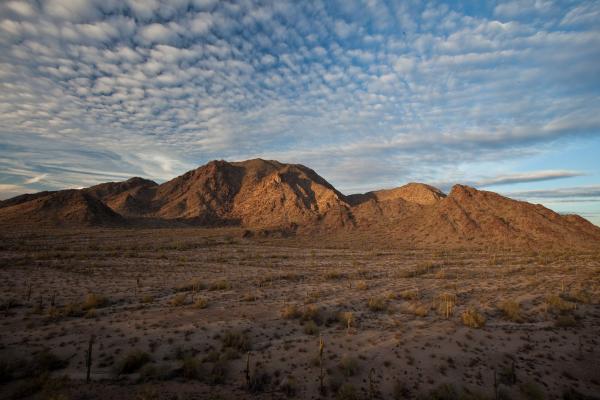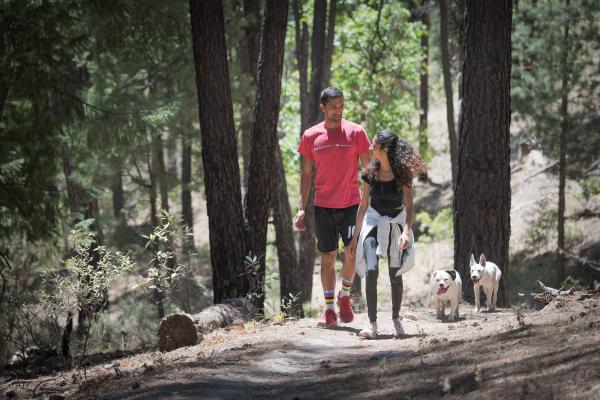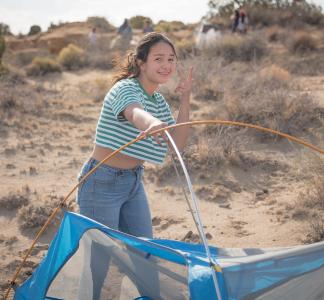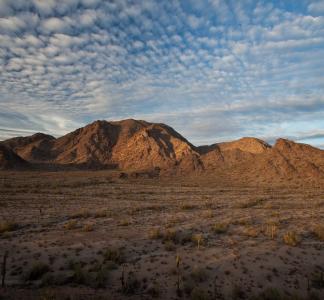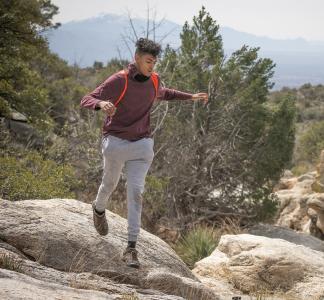Urban to Wild – Access to nature is a human right
Marty Schnure, TWS
The Urban to Wild program seeks to ensure equitable access to parks and public lands
Parks and public lands belong to everyone. But we recognize that access is not equitable for people of all races, genders, immigration status, ability and income levels. In order to pursue our mission to protect wild places, parks and public lands, it is essential that these natural settings remain relevant and connected to all.
Many barriers prevent people in urban areas from enjoying the benefits of public lands. People of color and low-income communities are often left out of decision-making and park planning. Through the Urban to Wild program, The Wilderness Society is working to uplift diverse voices for park equity and to address physical, political and social obstacles to healthy outdoor activity. With current campaigns underway in Los Angeles, Seattle and Albuquerque, Urban to Wild partners with local organizations and community leaders to promote mass transit options to reach parks and trails, multi-language signage and culturally appropriate amenities to enhance outdoor experiences for everyone.
We advocate for local, state and federal policies that protect open space; create and improve accessible neighborhood parks; and encourage stewardship of public lands and wild places near urban centers.
Factors like lack of access to transportation mean many people are being left out of public lands or discouraged from enjoying them. This disproportionately affects people of color and those in low-income areas. Addressing those issues will help make communities happier, healthier and more connected with nature, in addition to inspiring more people to care for wild places.
Explore places we work on this issue
What we're doing
-
Promoting public transportation solutions
In urban areas, accessing parks and open spaces can be a challenge. To help address this, we partner with local governments and organizations on “Transit to Trail” programs that help people who are dependent on public transportation enjoy nature. These efforts also help people who want to become less reliant on their cars.
-
Investing in parks
We work on state, local and national efforts driving equitable public investment in parks, trails and other projects. These include ballot initiatives, bond measures and direct work with agencies and officials.
-
Supporting community leadership programs
We support outdoor experiences and programs, particularly in underserved communities, to further connect young people to nature and develop advocacy skills to protect natural resources.
-
Increasing access
We work to increase access to public lands for guides and other outdoor leaders who provide positive recreational experiences to young people and families, including those from historically underserved communities.
What you can do
Join our WildAlert list for opportunities to tell elected officials that our wildlands deserve protection.
